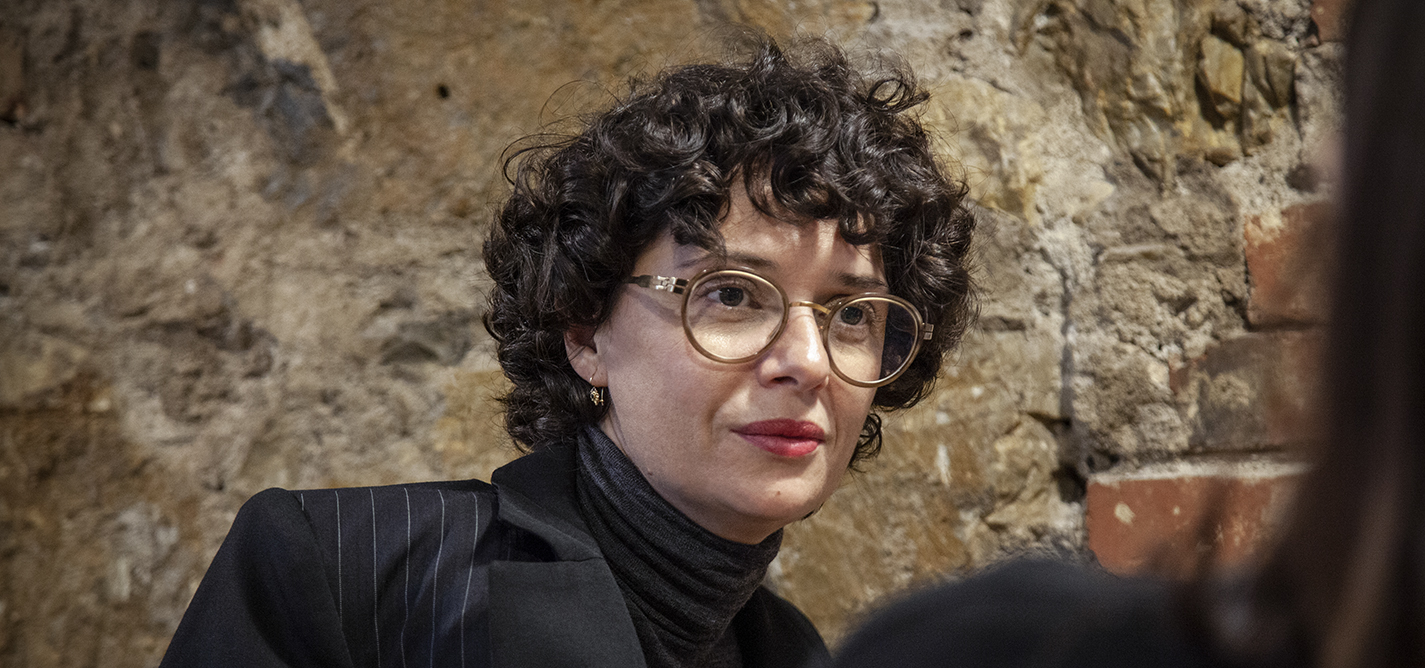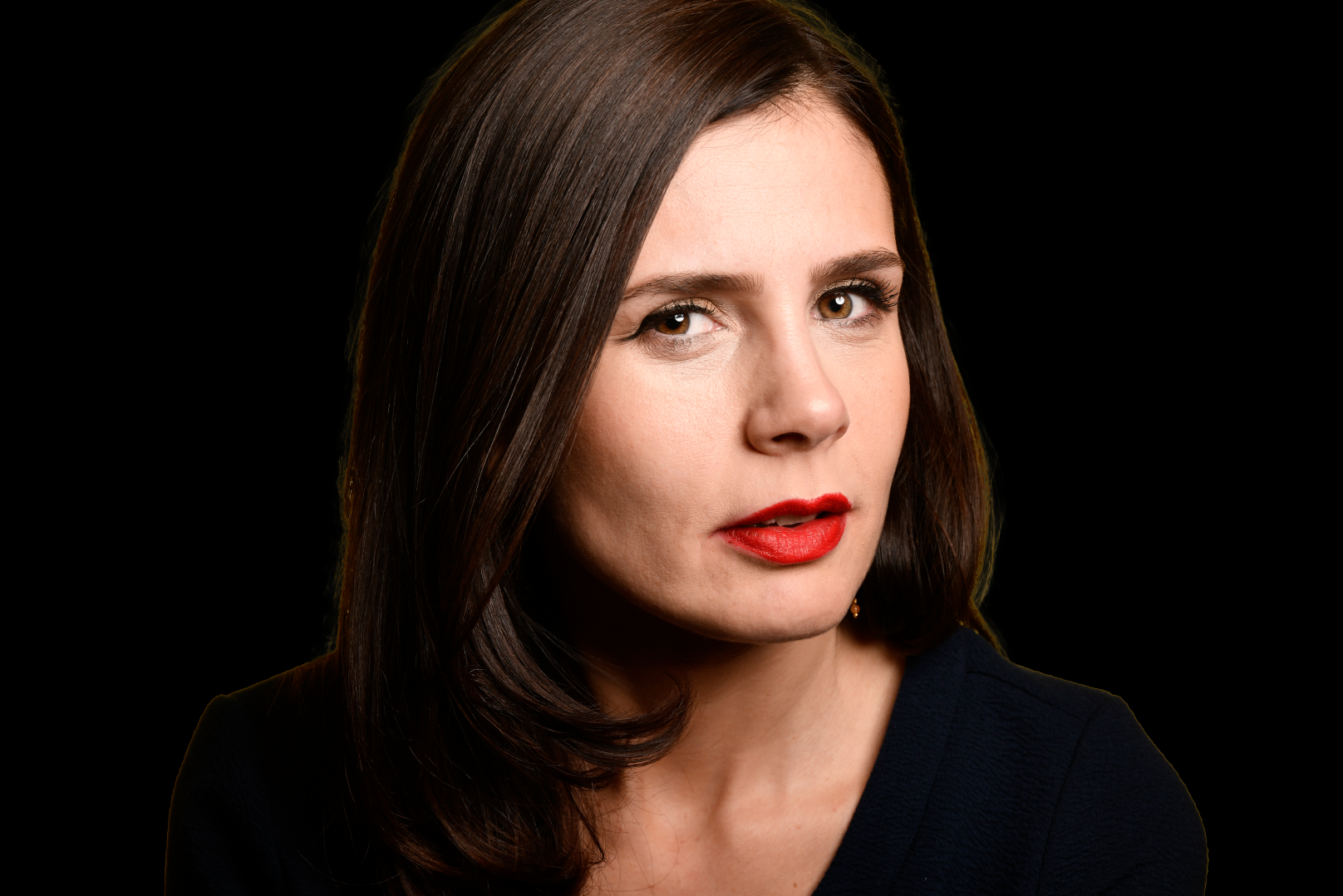
The Kosovar saving lives with science
Zanfina Ademi is one of the world’s leading health economists.
Diagnosing a patient early will save lots of money, compared to another case that requires extensive hospital treatment over years.
“Our aim was to see the habits of doctors and to see if antibiotics were being prescribed according to guidelines — the answer was no.”
"The state needs to assign a percentage of taxes to science. Because it is science that will enable us to see changes and to develop as a nation."
“You have to show how many people are dying from smoking compared to non-smokers, then you provide advice on the most cost effective policies.”

Dafina Halili
Dafina Halili is a senior journalist at K2.0, covering mainly human rights and social justice issues. Dafina has a master’s degree in diversity and the media from the University of Westminster in London, U.K..
This story was originally written in English.